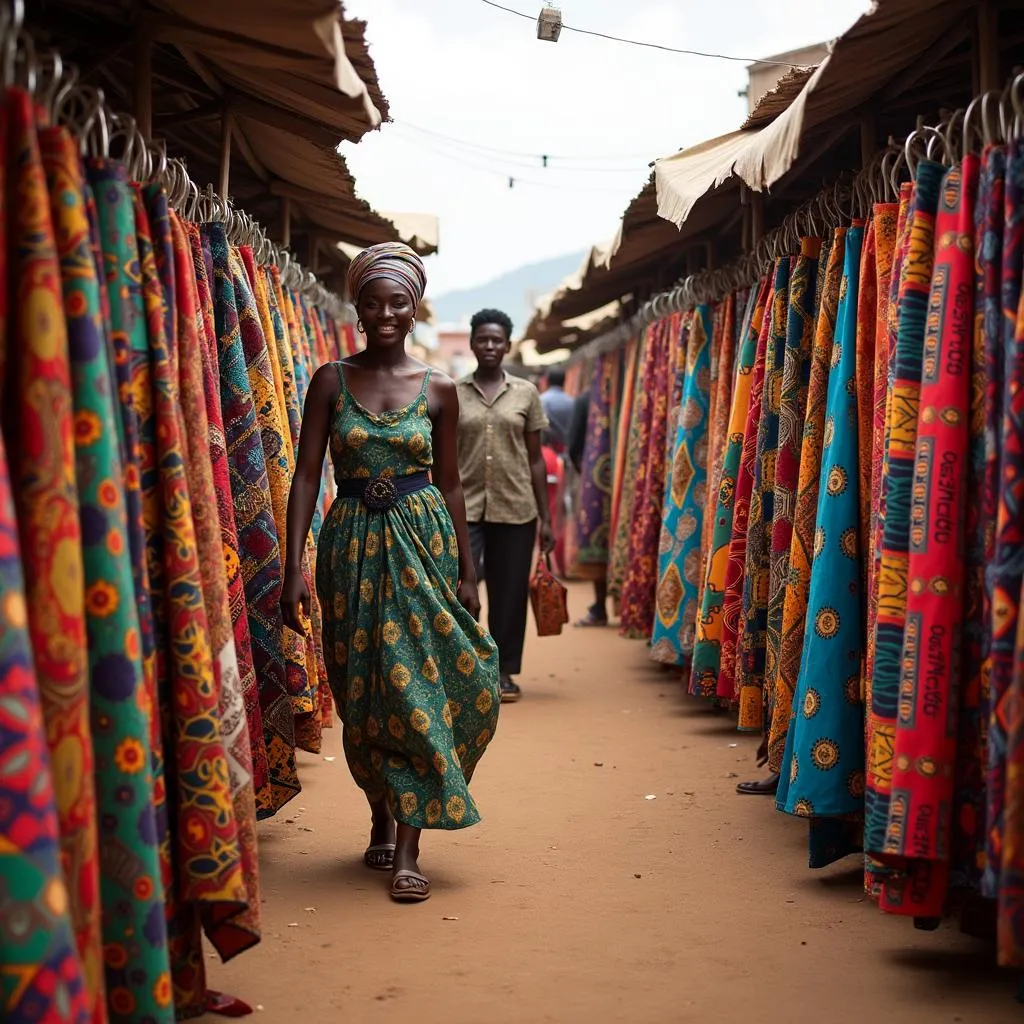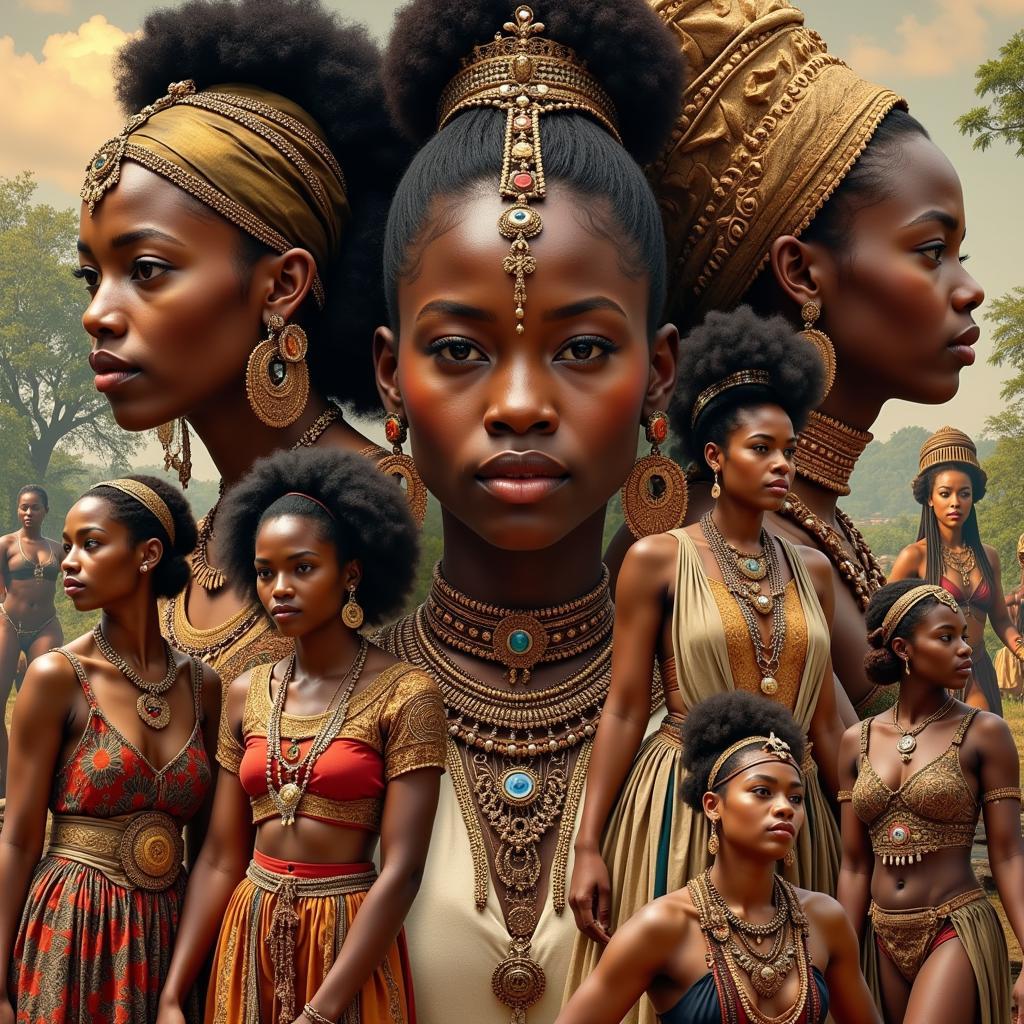Understanding Family Dynamics in African Cultures
Navigating the complexities of family relationships can be a challenging endeavor, especially when it comes to intercultural interactions. It’s important to approach the topic of family dynamics with sensitivity and respect, recognizing the diversity of customs and traditions across the African continent. This article aims to provide a general overview of family structures and values in African cultures, fostering a deeper understanding of these rich and varied societies.
The Importance of Extended Family in Africa
Family is paramount in African cultures, often extending beyond the immediate nuclear unit to encompass grandparents, aunts, uncles, cousins, and even close friends. This concept of extended family, known as “Ujamaa” in Swahili, signifies the collective responsibility and interdependence within a kinship network.
Within these extended families, respect for elders is deeply ingrained. Elders are not only revered for their wisdom and life experience but also play a significant role in decision-making processes, conflict resolution, and passing down traditions to younger generations.
Marriage and Family Ties
Marriage in many African cultures is not solely seen as a union between two individuals but as a bond between two families. Courtship and marriage rituals often involve extensive family involvement, signifying the significance of these relationships.
While specific customs vary widely across the continent, the concept of bride price, known as “lobola” in some regions, is prevalent in many African societies. This practice, often involving the exchange of gifts or livestock from the groom’s family to the bride’s family, is not viewed as a purchase but rather as a symbol of respect, appreciation, and a strengthening of the bond between the two families.
Navigating Cultural Differences
It is crucial to remember that Africa is a vast continent with a tapestry of diverse cultures, each with its unique set of customs, beliefs, and social structures. Generalizations should be approached with caution, and seeking knowledge about specific cultural contexts is essential for respectful engagement.
Understanding the nuances of family dynamics within different African cultures requires sensitivity, open-mindedness, and a willingness to learn. By embracing these values, we can foster meaningful cross-cultural understanding and appreciation for the rich diversity of family life across the African continent.




